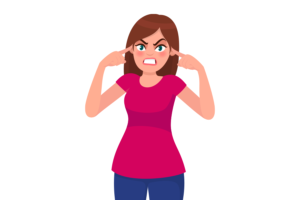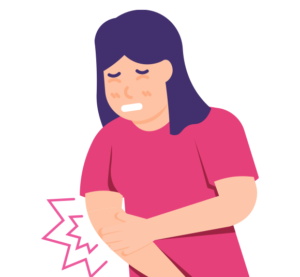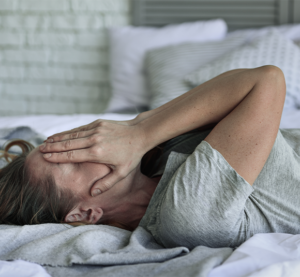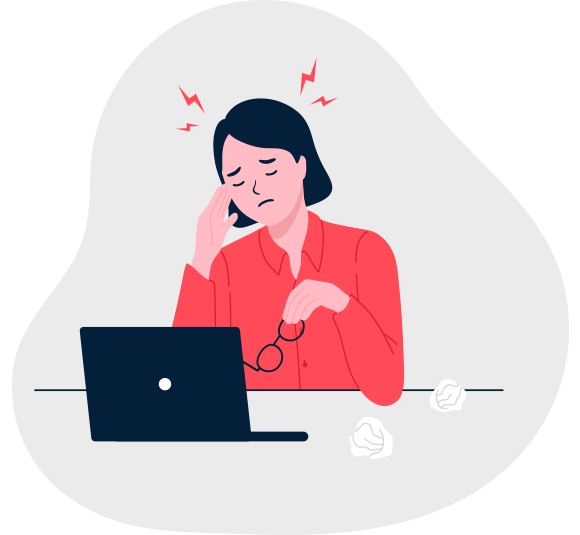
Tingling sensation during menopause
Have you experienced tingling during your menopause journey? Tingling sensation is one of the cardiac effects. This symptom is caused by hormone fluctuations impacting the central nervous system. Although not considered one of the main symptoms, it’s still uncomfortable. If you are experiencing this symptom regularly there are some steps you can take to deal










